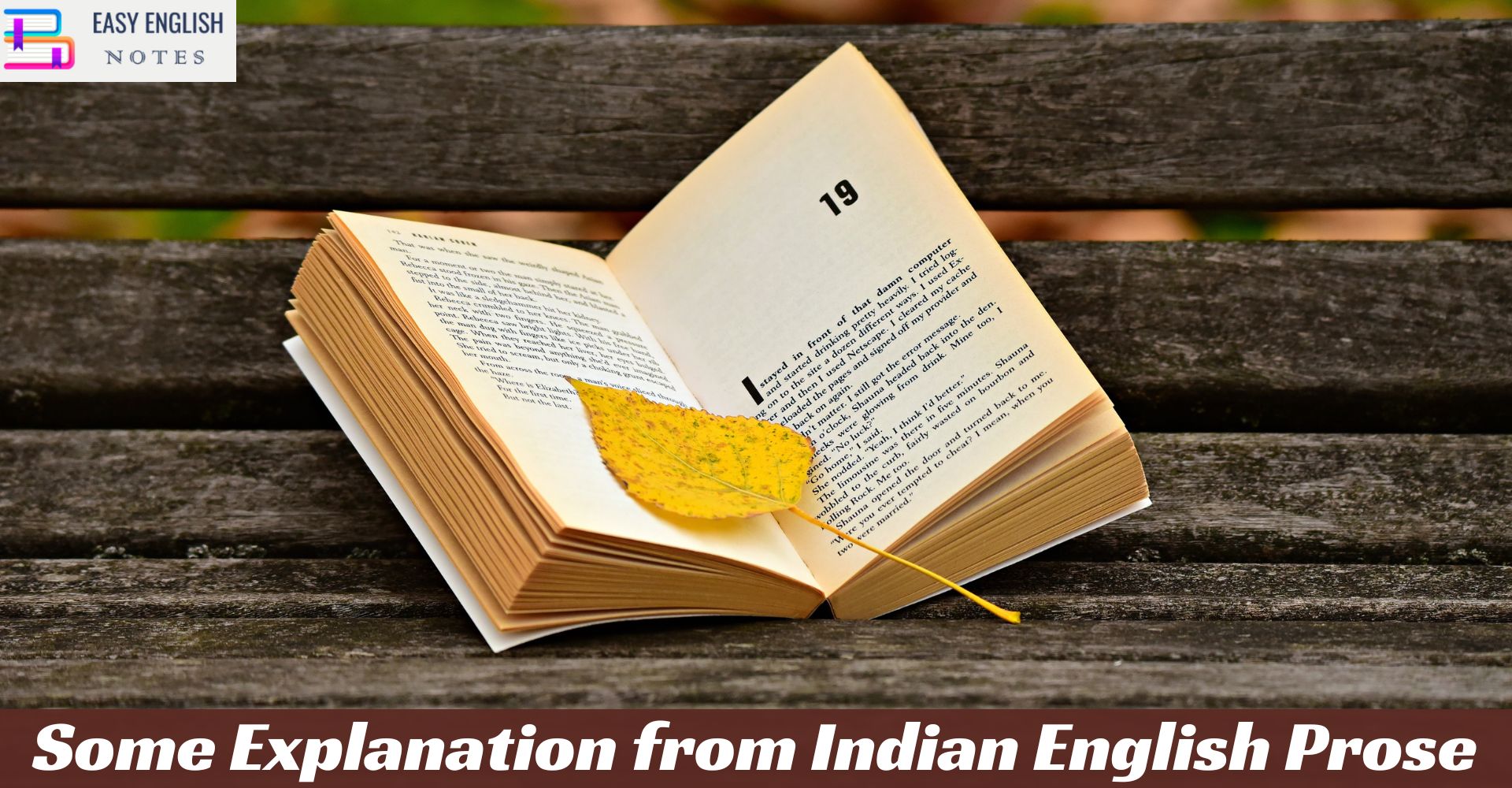1. Next to honest work is the habit of respecting other people’s feelings.
Explanation: This is an extract from the essay ‘Education for new India, by C. Rajagopalachari. Here the essayist has expressed his view that we should not be satisfied only with our works and duties, though we should discharge our duties and responsibilities honestly. We should also think of others. We should note that next to honest work is the habit of respecting other people’s feeling. Only by doing so we may win others. This would also lead to a harmonious life in the society where people of different ideals, beliefs and religions live.
2. Freedom has assuredly given as new status… discharge our new responsibilities satisfactorily.
Explanation: These lines have been taken from the essay “Education for India’ written by C. Rajagopalachari. Here the essayist expresses his views that freedom has given the Indians a new status and new opportunities. But it has given us some new responsibilities too. Now we should give up selfishness, laziness and narrowness of outlook. It is our holy duty to work harder and harder. If we labour hard, we will succeed in discharging our responsibilities and duties. We should always think that to do anything satisfactorily should be our motto.
Google Ads PPC Training Digital – membership area
An Exclusive Blood Sugar Balancing And Weight Loss
3. The spirit of man has faced all kinds of dangers and is growing intelligence …….. even if all around us there is falsehood and darkness.
Explanation: These lines have been extracted from the essay. “No Man is An Island’ written by Minoo Masani. Here the writer has told the story of evolution of man. According to the view of the writer, the spirit and intelligence of man have faced all kinds of dangers. But man succeeded in surmounting all the difficulties and obstacles. Now we should never hesitate in speaking the truth. Even if there is darkness and falshehood around us, we should only think of the truth.
4. That was the first and last time in his life that Kailas Babu confessed his poverty. It was also the first and last time in his life that he forgot it only for a single moment, the ancestral dignity of the Babus of Nayanjore.
Explanation: These lines have been taken from the story “The Babus of Nayanjore’ written by Rabindranath Tagore. Hence the writer has described human nature in a psychological manner. Kalias Babu, the last landlord of Nayanjore had become poor. He was leading an unhappy life with his only grand-daughter in a small house in Calcutta. But he never told any one that he was a poor man and that he was living life of poverty. But as soon as the writer expressed his desire to marry his grand daughter, he became sentimental and emotional. As a result he for the first and last time confessed his poverty before the writer: “I am a poor man, and could never have expected such great good fortune.”
Also Read :
- Compare Hamlet with Macbeth, Othello and other Tragedies
- “The Pardoner’s Tale” is the finest tale of Chaucer
- Prologue to Canterbury Tales – (Short Ques & Ans)
- Confessional Poetry – Definition & meaning
- Line By Line Explanation Of The Poem The Eve of St. Agnes
5. Good action will entail upon us good effect; bad action bad. But good and bad both forge fetters for the soul.
Explanation: These important lines have been extracted from the.famous essay. “The Secret of Work” written by Swami Vivekanand, one of the makers of modern India. In these lines the writer says that we must go on working. A work does good somewhere while bad elsewhere because every work in mixture of good and evil. Good actions bring good effects and bad action bad effects. But whether good or bad, work proves fetters for the soul. The work will not hold our soul in bondage only when we are unattached to it. Thus the Bhagwat Geeta asks us to work incessantly but in the spirit of non-attachment either to the work or to its results.











